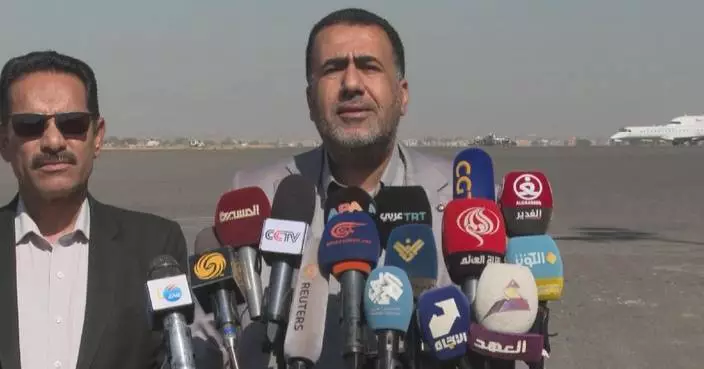A group of African children embarked on a visit to China on Sunday to experience local culture and form bonds with their Chinese peers.
Hosted by China's Ministry of Foreign Affairs and the All-China Women's Federation, the China-Africa: Children Hand-In-Hand cultural exchange program is designed to forge stronger ties between Chinese and African children.
At the welcome ceremony held inside the China National Children's Center in Beijing, vibrant cultural performances including dances and martial arts were performed by youngsters from China and five African countries - Namibia, South Africa, Somalia, Uganda and the Central African Republic - to showcase their respective cultural heritages.
Together, the children were invited to color in a large picture that highlights China-Africa friendship.
In the center's intangible cultural heritage area, they shared the charm of traditional Chinese culture as they made scented pouches and shadow puppets.
"I want to introduce our history, culture, and some interesting attractions to African friends, tell China's stories well and serve as a good ambassador of China-Africa friendship to let more foreign children understand and like China," said Lu Xiangyi, a young Chinese girl.
"This is my first time. I'm very happy. I want to learn about the history, and how they do the traditions. I wish that we all become friendly to each other and be friends to expand our friendship," said Orathai, a girl from South Africa.
Over the next six days, children from China and the five African countries will also visit sites such as the Palace Museum in Beijing, as well as cultural sites in central China's Henan Province.

'Hand-In-Hand' cultural exchange program fosters friendship between Chinese, African children

'Hand-In-Hand' cultural exchange program fosters friendship between Chinese, African children

'Hand-In-Hand' cultural exchange program fosters friendship between Chinese, African children









